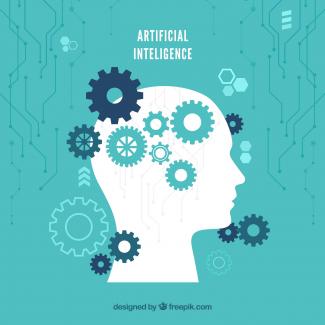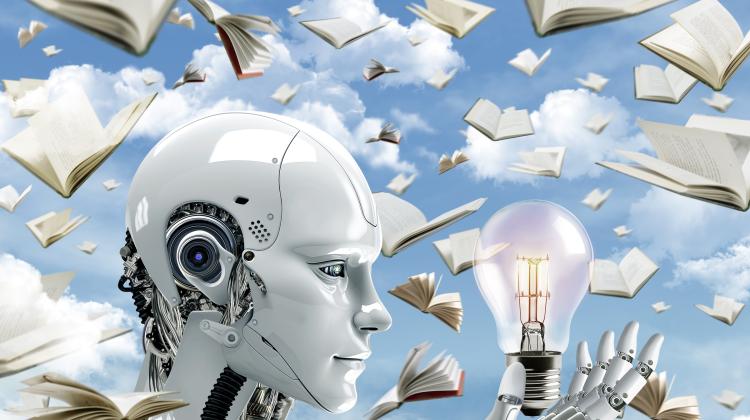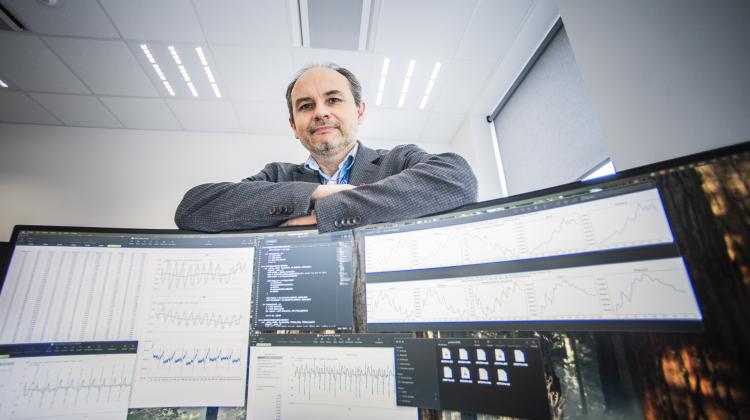Aristotle wrote in Politics that relationships between people could be based on the following relationships: husband-wife, father-son, and master-slave. This dichotomous vision of the social structure places husbands, fathers and masters on the one hand, and wives, children and slaves on the other. It is good to remember that in the ancient Greek Polis only the first of these groups had civil rights, and therefore was able to decide about everyday life and the common good. Of course, the world has changed, and Aristotelian social interpretation is now a thing of the past. But is it completely?
The creation of the humanoid, chatbot and in fact the AI algorithm in the cyborg body with the non-accidental name of Sophia (wisdom, but also the feminine face of God), once again has brought humanity up against the question of who should be granted civil rights. For the time being, this is more interesting than the actual scientific problem, but in 2017 the European Parliament was already considering the legal status of AI entities.
On 25th October 2017 the king of Saudi Arabia, Salman ibn Abd al-Aziz Al Su'ud, granted Sophia civil rights. It is the first machine with such rights. This momentous fact may be controversial in itself, and in fact, it boils down to the question whether people will treat intelligent work as slaves. For Aristotle slavery was something normal, similarly, like for us the use of robots on production lines. But doesn't the fact that these robots can learn from people change anything?
The question is, what does it mean to be a citizen today? None of the Saudi Arabian authorities explained what rights and obligations Sophia had acquired by being granted the citizenship. She does not raise this issue in her numerous speeches either. This is particularly important given the fact that Saudi Arabia is an absolute monarchy and that political parties are banned from operating there. The fact that a female algorithm has been assigned to it adds to the spiciness. Especially in the context of the voting rights acquired by Saudi women in 2015 or the right to drive, which they obtained in 2018.
The fact that Sophia appeared and was granted civil rights shows that we have lived through a time when science fiction is becoming a reality. This raises a number of questions that should be considered. Such and similar issues concerning the social environment of science are dealt with at the Open Scientific Seminars Man – Business – Technologies, to which we invite to.





